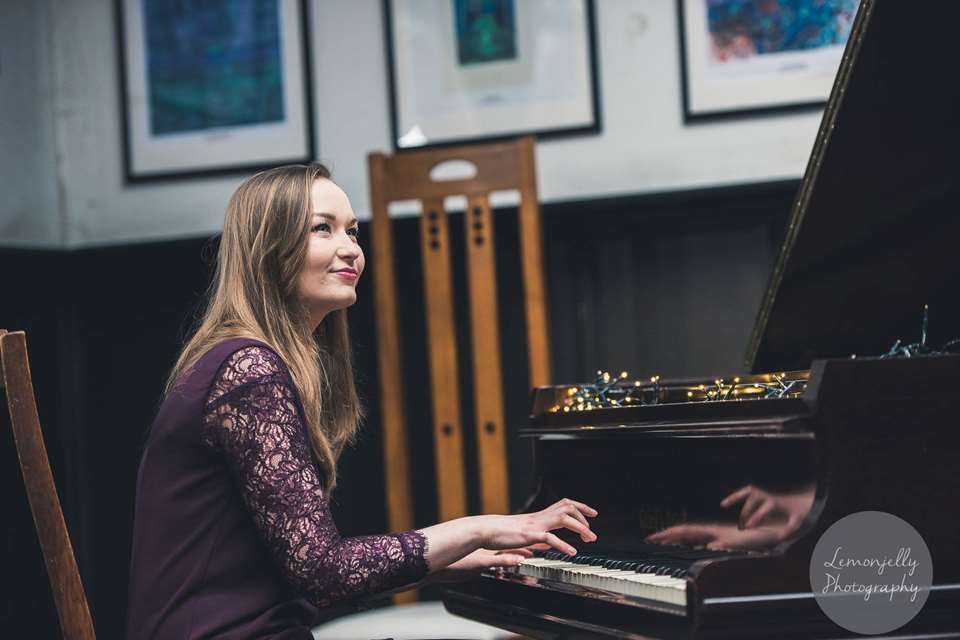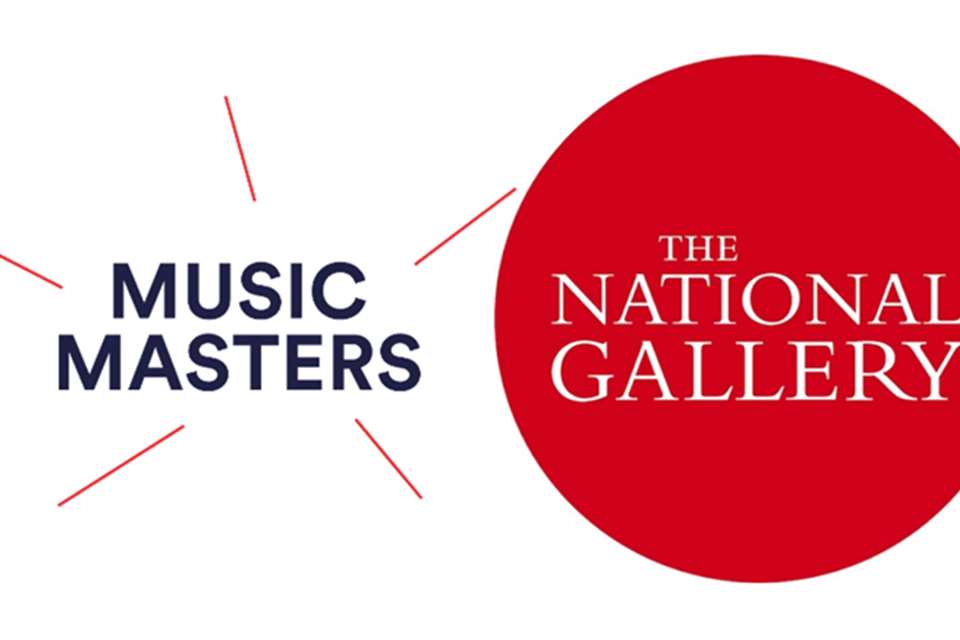Sheku Kanneh-Mason becomes Music Masters patron
Florence Lockheart
Wednesday, February 7, 2024
The cellist has been an ambassador for the music education charity since 2016

Music education charity Music Masters has announced that cellist Sheku Kanneh-Mason has been appointed to the newly created role of patron, building on over 7 years of partnership with the charity as advocate and ambassador.
In his new role Kanneh-Mason will help to raise the profile of the charity, promoting its key initiatives which aim to improve access to music in schools and quality of teaching as well as projects that see the charity work with the UK classical music sector to improve diversity and access to opportunity.
Kanneh-Mason said: ‘I have been delighted to work with Music Masters as an ambassador and am now excited to be associated even more closely with them via this new role. I’ve always been inspired by the wonderful work they do and loved going into schools and witnessing first-hand the children’s remarkable response to music. It can sometimes be difficult for young people to develop confidence in their creative potential and their access to music-making can play an important role in giving a child not only a sense of wellbeing, but purpose, and a new perspective on what they might achieve in anything.’
This appointment follows the charity’s recent statement defending the cellist after he received a torrent of online abuse following an appearance on BBC Radio 4’s Desert Island Discs on 21 January in which he expressed his view that controversial piece Rule, Britannia! should not be included in the Last Night of the Proms. In its statement the charity described Kanneh-Mason as a ‘brilliant role model for all British youth in music’ and stated: ‘The lack of space for safe public discourse without racist abuse is shocking. Without a conversation about representation in music, music cannot reflect real human experience.’
Music Masters aims to bridge the gap left by the erosion of music education in UK state schools through delivery of long-term instrumental learning opportunities for pupils at its Flagship state schools, a Pathways programme designed to support promising young instrumentalists and a Champions intitiative helping 11-18 year olds learn to advocate for music education and develop their own musical ambitions. Beyond school level, the charity also runs a Musicians of Change PGCEi programme for those looking to teach music, and has created diversity and inclusion self-analysis tool I’M IN to help music organisations evaluate and improve their diversity and inclusivity.
Music Masters CEO Roz De Vile said: ‘The input of artists and music organisations – both amateur and professional – to our work, especially with schools, is incredibly valuable. Sheku is already an amazing role model and he has been very generous in sharing his time with our students and on promoting our work. We are so lucky that Sheku has accepted the role of Patron, the need is growing and his support will make an even greater difference to our success in the future.’




